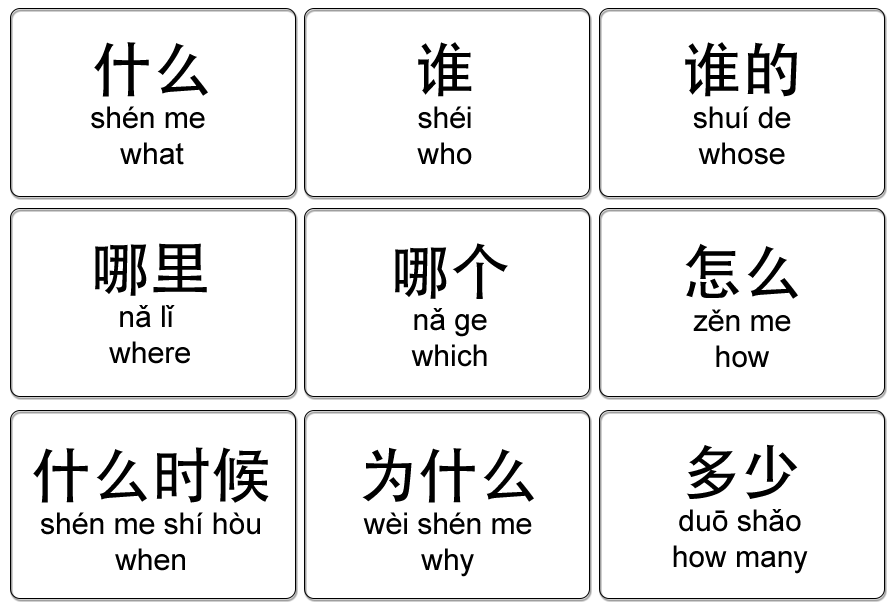

混蛋 (hún dàn) – As this translates as “mixed egg,” it means that someone’s mother mated with two men in quick succession, thus meaning that the person has two biological fathers. 龟蛋 (guī dàn) – This literally means “turtle egg” and can be used in the same fashion. 王八蛋 (wáng bā dàn) – If you use this, you’re basically calling someone a “son of a bitch.” Calling someone a turtle egg is a roundabout way of saying that their mother or grandmother was, well, you know… This brings us to the use of the character for “egg.” In Chinese, 王八 is slang for “tortoise,” and as a tortoise is associated with promiscuity, this word basically insults someone’s mother/grandmother/etc.
Funny english words in chinese accent driver#
王八 (wáng bā) – This can be translated roughly as “bastard.” Be careful when telling a cab driver that you want to go to an Internet bar (网吧 – wǎng bā), as this word has similar pronunciation. This may have something to do with one particular insult that goes back to the Song Dynasty: It means “f*** your ancestors to the 18th generation.” As Chinese have deep respect for their ancestors, this will certainly do more than offend someone, and it will almost definitely result in a fight of some sort.įor some reason, there are plenty of insults in Chinese having to do with eggs. 肏你祖宗十八代 (cào nǐ zǔ zōng shí bā dài) – This is basically the granddaddy of them all. This is the kind of talk that can get a bottle of Yanjing beer thrown at you. This means “f*** your mother,” and will only be used when people are really, really angry with someone else. 肏你妈 (cào nǐ mā) – Now we’re getting really serious. 去你妈的 (qù nǐ mā de) – Whereas the first phrase can simply be used as an exclamation, like when you stub your toe or get cut off on the road, this one is more of a direct insult to someone, and it basically means “f*** off.” It literally translates as “go to your mother.” Keep your ears open, and you’ll probably hear this more than a few times everyday, especially in the big cities. 他妈的 (tā mā de) – This is a common translation of the English equivalent of “f***,” “shit,” or “damn it.” It literally translates as “his mother’s.” Way back in the 1920s, a famous Chinese writer joked that this should be the country’s national curse word. Anyway, here are some of the most commonly used swear words that fall into that category: I’ve seen plenty of fights get started over these, so proceed with caution. If a cab driver scams you for 10 kuai or so, it’s not worth it to kick in with the mother and ancestor related insults. Chinese learners should be warned, though, that hurling some of these insults someone’s way could lead to more trouble than is really worth. Think “Yo mama” jokes in English, only much worse. Not surprisingly, in Chinese, a lot of the most hurtful insults have to do with someone’s mother, or their ancestors.


Especially here in China, when your standing as a 老外 (foreigner) always leaves you prone to being ripped off and taken advantage of, it’s nice to be equipped with a few insults to throw back to show that you’re not fresh off the boat, and you’re not messing around! That should come as no surprise, since I’m sure most of us would admit that we always seek out the profanity when studying a language.
Funny english words in chinese accent how to#
Normally, we try to keep it pretty PG around here on the Chinese blog, but the readers have spoken, and people want to learn how to say bad words (坏语 – huài yǔ) in Chinese.


 0 kommentar(er)
0 kommentar(er)
